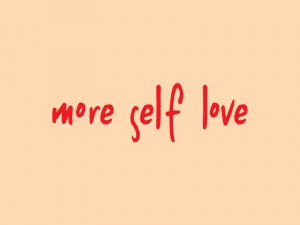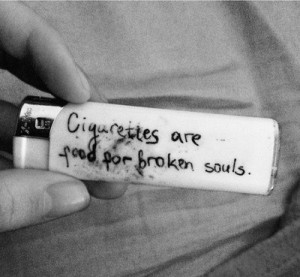When I consider the 40,000+ Americans who commit suicide every year I’m truly overwhelmed. I can’t help but to wonder what was and wasn’t said to these 40,000+ lives. I need to know why these these 40,000+ individuals couldn’t see what waited for them just beyond their despondency. I know it’s easy to judge what’s misunderstood. It’s even easier to bypass what isn’t exactly happening to you, but for those suffering from depression, bipolar disorder, past hurts, heartaches, embarrassment and anger, their feelings are very real.
In my 35 years of life coaching I have seen many clients who were, or are, suicidal. I know the look of defeat. I have seen suicidal clients attempt to disguise their symptoms. I have also seen people in total denial of the war waging within them. I’ve been told by many clients that there is an insidious guilt agitating them for not being happier, and a heavy shame for believing they deserve to be happy. I ask whether or not they were ever told that it’s okay to be sad. I tell them it’s fine if the world weighs too heavy on their hearts, it’s common to want to sleep the day away, and it’s acceptable to cry during moments where you need to be strong. There will be days or even weeks full of melancholy. It’s completely normal to have those moments, but you shouldn’t have to stay there long.
A key trigger that I’ve noticed in all suicidal individuals is hopelessness bigger than the size of Manhattan. This despair infiltrates their thinking, speaking, and all around living. In my experience, their hopelessness is a seed of rejection, failure, disappointment, or addiction that was fed by not speaking up, by not telling someone that this seed existed. Some clients have a white knuckle grip on secrets that would kill them if left unspoken. I want to tell you there is absolutely nothing you can say that will make me judge you. Trying to preserve what’s decaying is far worse than allowing it to rot. Sometimes the only way to put ourselves back together is to let ourselves fall apart. That’s when we begin to see where things really belong, and what never belonged at all.
There is power in speaking. Opening up about the things that are tormenting us keeps our demons at bay. It keeps them from spreading lies about who we are and what we’re worth. I’m familiar enough with my clients to identify when something they’re believing about themselves isn’t true. I help navigate them toward their personal truth, and wait patiently for them to see themselves as worthy of love, forgiveness, a second chance, grace, acceptance, kindness, and abundant life.
I got into this kind of work because I knew the quickest way to help people was to change how they think through Clinical Hypnosis. Today I want you to see yourself as worthy of living a complete life, because you are.

 On the other side of the spectrum, some see something they want and experience resentment because it isn’t theirs. Their jealousy never forms into self-motivation. In fact, it becomes an all consuming fire. Their negative thoughts grow fixated on the things they don’t have, magnifying it to something incontrollable and bigger than themselves.
On the other side of the spectrum, some see something they want and experience resentment because it isn’t theirs. Their jealousy never forms into self-motivation. In fact, it becomes an all consuming fire. Their negative thoughts grow fixated on the things they don’t have, magnifying it to something incontrollable and bigger than themselves.



 Some people are unhappy because of a bio-chemical imbalance. Somewhere down the line, they’ve compromised themselves, or they’ve entered a structure (relationship, contractual agreement, or professional position) that has forced them to live a life that’s contrary to their inner self. These people could potentially suffer from mild, chronic, or acute unhappiness. Chronic unhappiness potentially directs its host to a life of avoidance by means of addiction while acute unhappiness forces its host into a world of depression.
Some people are unhappy because of a bio-chemical imbalance. Somewhere down the line, they’ve compromised themselves, or they’ve entered a structure (relationship, contractual agreement, or professional position) that has forced them to live a life that’s contrary to their inner self. These people could potentially suffer from mild, chronic, or acute unhappiness. Chronic unhappiness potentially directs its host to a life of avoidance by means of addiction while acute unhappiness forces its host into a world of depression. Addiction, contrary to what is thought, can be a learnt behavior. In a family where words are kept behind glasses of Bourbon, there’s a chance drinking could occupy the space reserved for conversation. Drugs are used for coping with the stress of family, work, identity, and everyday life. Addictions are a physical manifestation of an inner mewing. For many addicts, the use of drugs was a form of self-medication, but mutated into self-mutilation.
Addiction, contrary to what is thought, can be a learnt behavior. In a family where words are kept behind glasses of Bourbon, there’s a chance drinking could occupy the space reserved for conversation. Drugs are used for coping with the stress of family, work, identity, and everyday life. Addictions are a physical manifestation of an inner mewing. For many addicts, the use of drugs was a form of self-medication, but mutated into self-mutilation.